
If you are nursing, you most likely have a lot of questions about breastmilk and how long it takes for breasts to refill. As your baby enjoys their meal, you will notice your breasts getting lighter.
However, they will never get empty. And this is because your breasts never really stop producing milk, not even during breastfeeding. You are producing breastmilk even as your baby is eating.
Jump to:
- So, how long does it take for breast to refill?
- How can I make my breasts refill faster?
- A) Nurse more often
- How long does it take a baby to empty a breast?
- How do you know when the breast is empty?
- Do soft breasts mean a low milk supply?
- Can my breast run out of milk during a feeding?
- Does leaking breasts mean a good milk supply?
- How quickly can I produce breast milk?
- Baby not emptying breast should I pump instead?
- Does water increase milk supply?
- How do I know my milk supply is enough?
- How long does it take to produce milk after eating?
So, how long does it take for breast to refill?
As a general rule, a two-hour break between breastfeeding sessions should allow your body to refill your breasts with fresh milk for your baby to enjoy. However, this rule might vary from mother to mother. Some nursing mothers produce more milk than others and in different amounts of time.
![]()
How can I make my breasts refill faster?
If you have twins or more babies to feed, you might be interested in methods to refill your breasts faster. Fortunately, there are several ways that you can use to boost your milk supply.
A) Nurse more often
Your body produces milk based on demand. So, even if your baby takes two, three hours, or even more between meals, you can milk and store the breastmilk in the fridge or freezer for further meals.
- This will help you keep a good breastmilk flow, and you will notice that the more you milk your breasts, the more supply you get. It is essential not to go to an extreme, though.
- Your body produces milk at a specific speed, and you have to milk your breasts by aligning yourself with that milk.
- It will also help to feed your baby on demand. Doing so will train your body to produce more milk according to the demand for it.
Suggested Reading:
![]()
B) Get lactation supplements
If your body needs a little help to produce more milk for your baby, you can consider lactation supplies.
- There are plenty of such products on the market, and it might be challenging to choose one by yourself.
- However, your doctor or lactation specialist should be able to recommend you a supplement to boost your milk supply.
- You will find many natural lactation supplements on the market to choose from, and these ones are safer than those made with chemicals.
Suggested Reading:
![]()
C) Adjust your diet
As a nursing mother, your diet is essential for both the quality and the quantity of your breastmilk.
- You have to make sure you eat quality food and enough of it to cover your body's needs as a nursing mother.
- Generally, a nursing mother should consider a diet of 2500 calories a day. Combine veggies with fruits and lean meat to assure a variety of nutrients for your body.
- Staying hydrated is equally important. As a nursing mother, you will need to drink about 50 ml of water per kilogram of weight.
Suggested Reading:
![]()
D) Get your rest
Resting is another critical factor that will help you maintain a good milk supply.
- Rest might be more difficult for nursing mothers, especially if they have to wake up several times a night to breastfeed.
- A good night's sleep can help your breastmilk supply significantly.
- Naps during the day are also important, and they can help keep your body and mind rested as well.
- Use the time your baby naps to rest as well, so you both have the energy you need.
Suggested Reading:
![]()
E) Nurse your baby from both breasts
Some babies don't like to switch the breast as they are eating. But if you can find a way to feed them by alternating the breasts, you will stimulate the milk supply, and you will find that your body produces more milk naturally. A good time to switch the breast is when your baby seems to take a break or even to yawn.
Suggested Reading:
![]()
How long does it take a baby to empty a breast?
Your breasts will not get empty as your body will still produce milk even as your baby is nursing.
- However, the speed with which your body produces milk is lower compared to the speed that your baby is eating. The time it takes for your baby to eat from one breast will vary according to their age.
- A newborn should nurse anywhere from ten minutes to half an hour in their first three months of life. They should nurse an average of 15 minutes on each breast before emptying the milk supply and moving to the next breast. Also, it is essential to note that newborns should eat every two to three hours.
- As they get from 3 to 4 months, your baby will be able to empty one breast as soon as five minutes. They will gain weight by this age and increase their eating speed. Plus, your body will be used to your baby and adjust its milk supply to accommodate the demand of your child.
- After 6 months of age, most parents choose to introduce solid food. Babies move more, and if they are not exclusively breastfed, they can just nurse in between solid meals.
- The time it takes them to empty a breast at this stage is also five minutes. But if your baby is used to eat solids, breastmilk might not be enough for them to replace a meal.
Suggested Reading:
![]()
How do you know when the breast is empty?
Knowing when your breast doesn't offer enough milk to your baby is crucial, so you switch to the other breast.
- However, the signs of an empty breast or one with a low milk supply can be confusing as all mothers are different in that respect.
- A softer breast that doesn't leak milk when squeezed is a good indication that it is empty, and you need to switch to the other one. Also, most of the time, when your baby stops eating, they are full, and there is no milk they can easily access.
- At times, it is better to go by what your baby indicates to you than by what you think because your body will produce enough breastmilk for them to get full in one breastfeeding session.
- So, by the time your baby stops nursing, your breast will most likely be emptied.
Suggested Reading:
![]()
Do soft breasts mean a low milk supply?
As we mentioned, all mothers are different, and so are the breasts regarding how they show a low milk supply.
- But there are still sure signs you can look for to get an idea about how your milk supply is and if you can continue to naturally breastfeed your baby or you need to add other foods to their diet.
- While soft breasts could mean a low or lower milk supply, this is not the only sign and is not a general one. If your breasts are bigger than average, they will be softer naturally, and it will be difficult to judge your milk supply by this aspect alone.
- Plus, your breasts will get softer during the breastfeeding phase, naturally, as they adjust to the nursing schedule.
- If you want to see if you have a lower breastmilk supply, you should look at the signs your baby shows you. If they need to eat more often than usual, this could mean that they are not getting as much milk as they used to in one feeding. Also, if you notice fewer wet diapers, it indicates that they don't drink enough milk.
- Besides the signs your baby will give you, you can evaluate the amount of breastmilk you get when pumping.
- Try to pump in between breastfeeding sessions or exclusively pump and store the milk for future meals. Either way, if you notice that the quantity of milk you pump is reduced, that is a sign of a decrease in breastmilk supply.
Suggested Reading:
![]()
Can my breast run out of milk during a feeding?
Breastfeeding is an intimate connection between you and your baby. So it is between your body and your baby's body.
- Despite the myths that say a mother's breast can run out of milk during breastfeeding, this is not an option.
- As your baby nurses, your body will be stimulated to produce more milk to meet the demand.
- However, this production of breastmilk might happen at a slower speed than the one of your baby as they eat, which gives the illusion of an empty breast.
- Even if you breastfeed on demand, during the night, or more often during the day, the chances to run out of breastmilk are minimal without an underlining medical condition.
Suggested Reading:
![]()
Does leaking breasts mean a good milk supply?
If identifying a low milk supply can be confusing, the opposite is a bit easier. Having leaking breasts is often a good sign of a good breastmilk supply.
- If your breasts are leaking, you should pump more often to store the breastmilk properly for further meals.
- However, not all mothers with a good breastmilk supply will leak. This often occurs in the first weeks of breastfeeding until you and your baby establish a nursing routine.
- Once your baby eats on demand as much as they need and develops a system of pumping the extra breastmilk, you will not have to worry about leaks as much as you have it for future meals.
Suggested Reading:
![]()
How quickly can I produce breast milk?
If you are wondering about how fast your body can produce the breastmilk your baby needs to have a healthy diet, you should know that as soon as you give birth, your body will be ready to offer your baby their first meal.
- Some women might need some stimulation to get the breastmilk supply flow, such as pumping or supplements. Your lactation consultant and your doctor will help you with this aspect should you face such a challenge. Generally, within three days, your breastmilk supply will take off.
- For the first 2 weeks of nursing, both you and your baby will adjust to each other. In this time, your body will understand how much milk your baby needs according to how much they eat each meal.
Suggested Reading:
![]()
Baby not emptying breast should I pump instead?
If your baby nurses right, they will drink enough milk to significantly reduce the breastmilk supply in your breasts, temporarily.
- If they stop eating, but they still look hungry, you might have to pump enough milk to ensure them a full meal. However, if they seem satisfied and your breasts are not bothering you with any pain or engorgement symptoms, you don't have to pump.
- Experts in lactation matters actually recommend using a breast pump only to alleviate discomfort and reduce engorgement of the breasts. There is no need, nor is it recommended to use your pump until your breasts are empty.
- By doing so, you will add too much pressure on your breasts, and you will produce more milk than your baby needs.
Suggested Reading:
![]()
Does water increase milk supply?
While it is essential to stay hydrated as you are nursing, water will not increase the milk supply.
- Staying hydrated should go hand in hand with eating a healthy diet so you will have breastmilk rich in all the nutrients your baby needs.
- If you are dehydrated, your milk will lack the quality it needs, but you shouldn't drink more water than your need.
Suggested Reading:
![]()
How do I know my milk supply is enough?
Many mothers struggle when they want to evaluate if they produce enough breastmilk for their baby. While this might be a common concern, there are signs that your baby eats as much as they need, so you don't have to worry.
- A promising sign that you p0roduce enough breastmilk for each one of your baby's meals is that they stop nursing by themselves when they are full. Your baby will look calm and satisfied and even ready for a nap after a good meal.
- If you pay attention and you nurse in a silent room, you will also hear your baby swallowing as they are eating, which is another good sign that they eat well.
- A nursed baby that gains weight is a well-fed baby. So, if your baby is developing according to expectations and they are not losing weight instead of gaining it, you don't have to worry about your breastmilk supply.
Suggested Reading:
![]()
How long does it take to produce milk after eating?
Your body will produce breastmilk nonstop, even as your baby eats. So, you will not have to wait too long before your breasts refill and get ready for the next nursing meal.
- After your baby eats, a good 30 minutes of break will be much needed for both of you. Your baby might take a more extended break as most infants nurse every two to three hours.
- But after half an hour, you can be sure that your breasts are ready to supply another meal. As we mentioned, the breasts never get completely empty.
- Breastmilk supply is an ongoing process, and the more your baby eats, the more milk your body will make to cover the breastmilk demand.
Suggested Reading:
![]()
Breastfeeding is a beautiful phase for every new mother. Still, it can also be challenging if you don't have the correct information.
Keep in mind that all mothers are different, so you will have to create a nursing routine that suits you and your little one. If you have any questions, don't hesitate to contact your lactation consultant or doctor to get the best information for both you and your baby.
![]()




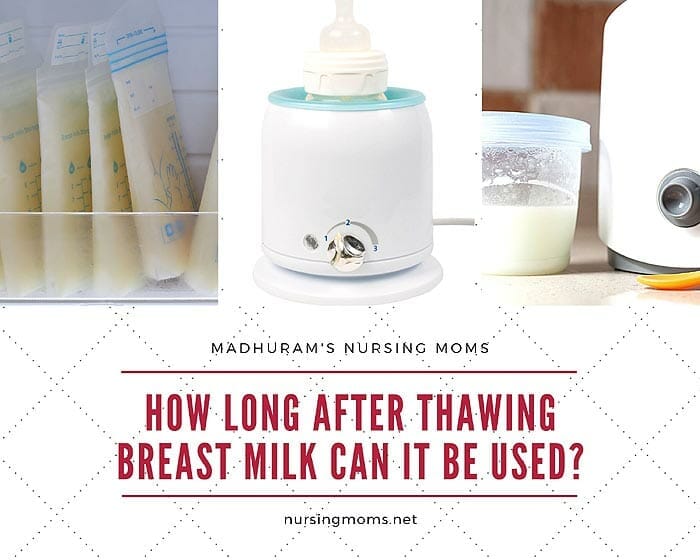
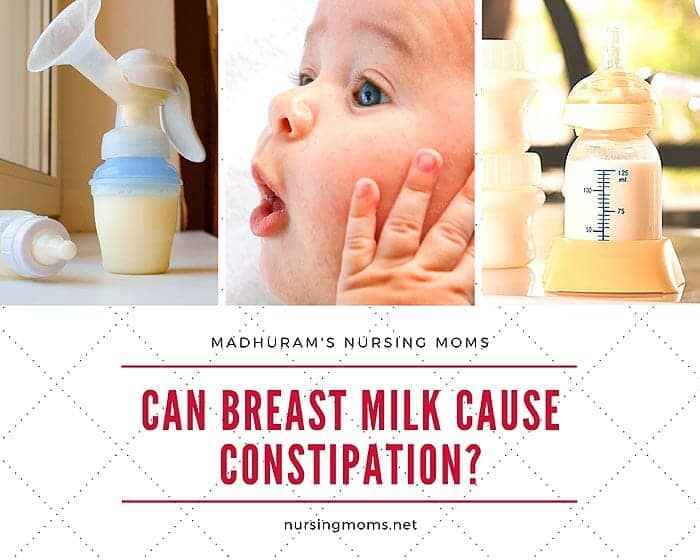
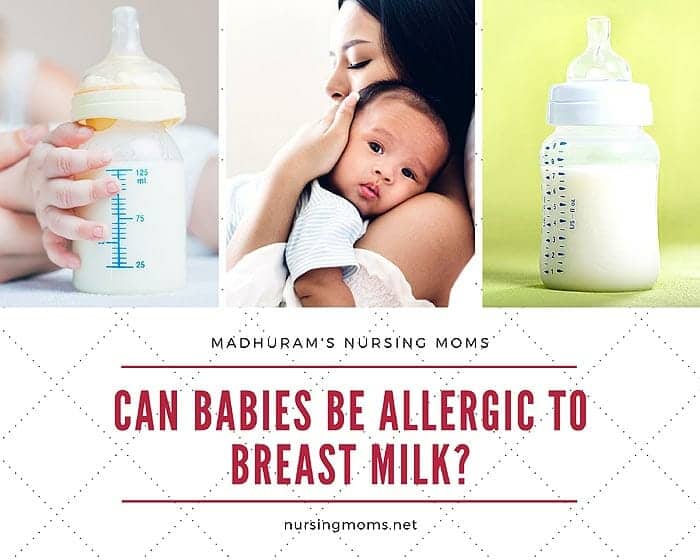
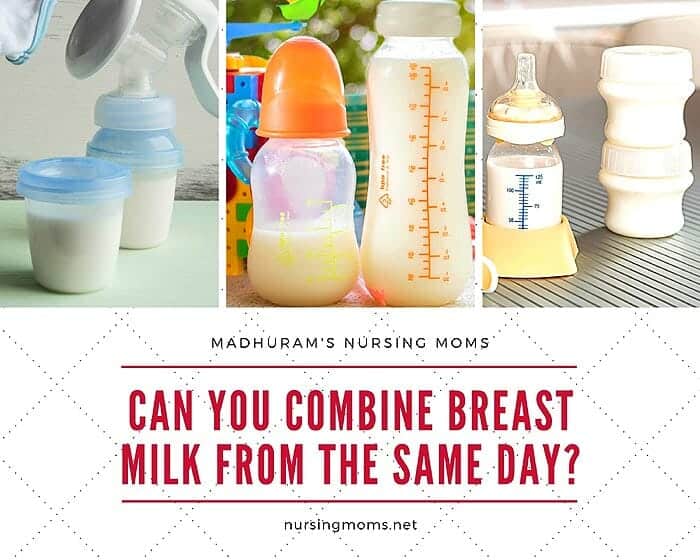
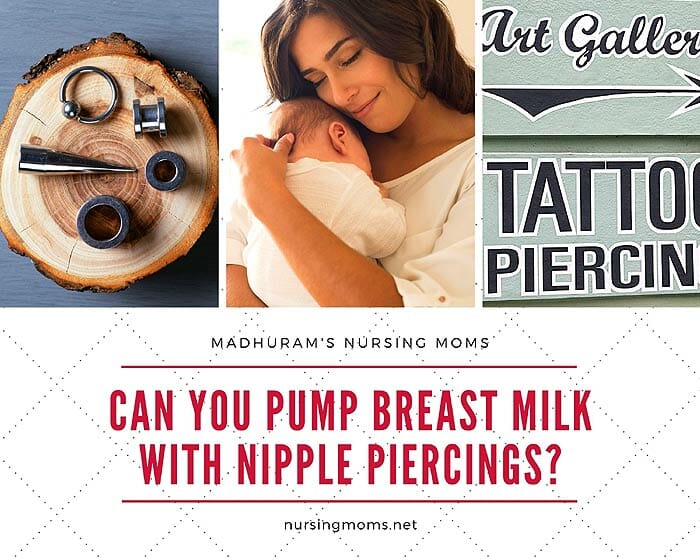
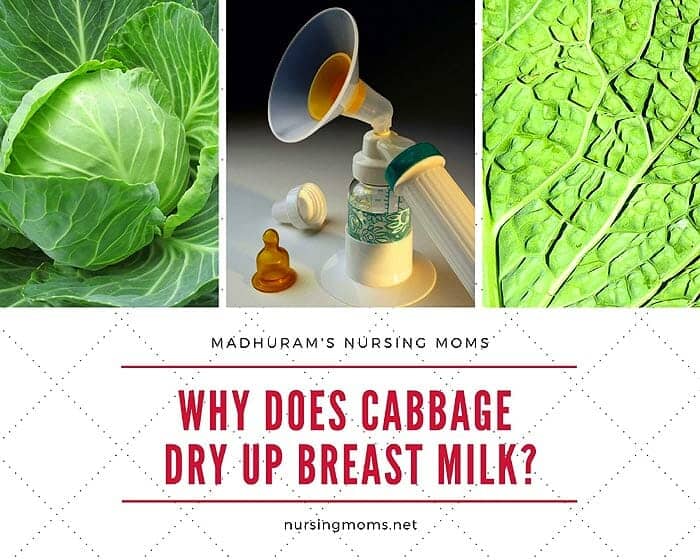
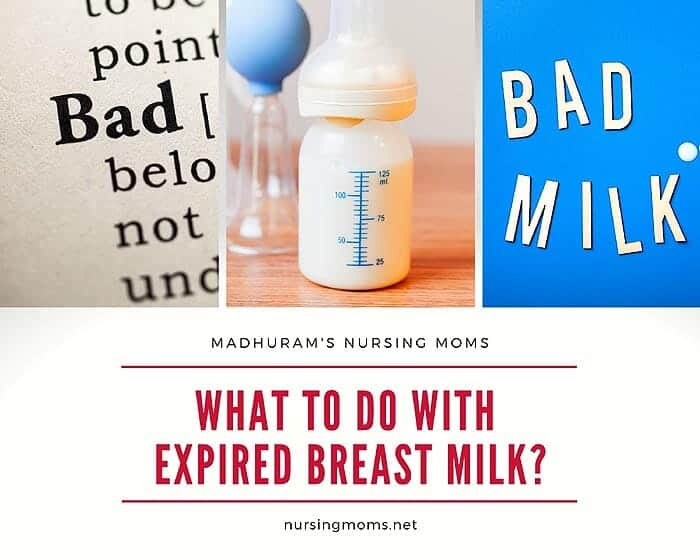
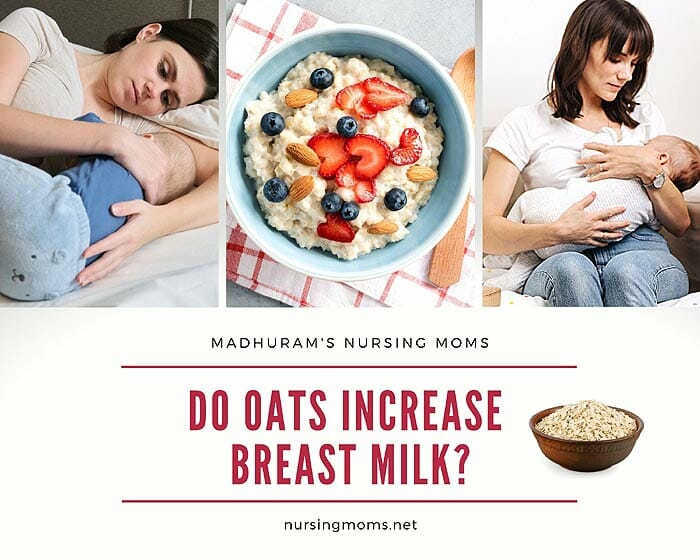
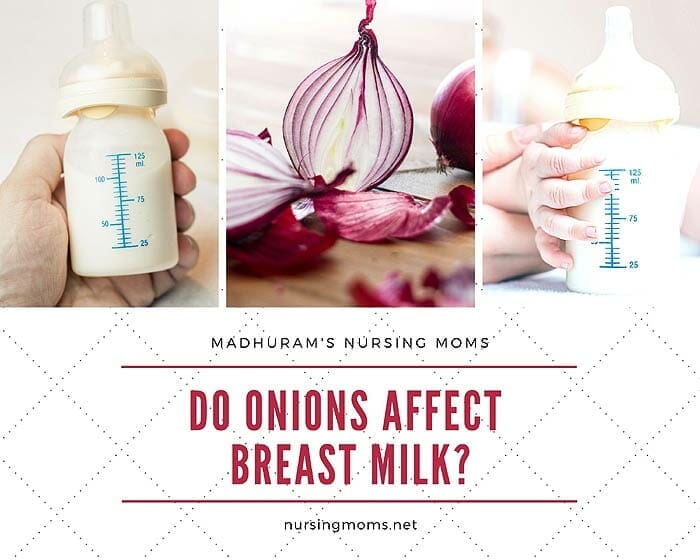
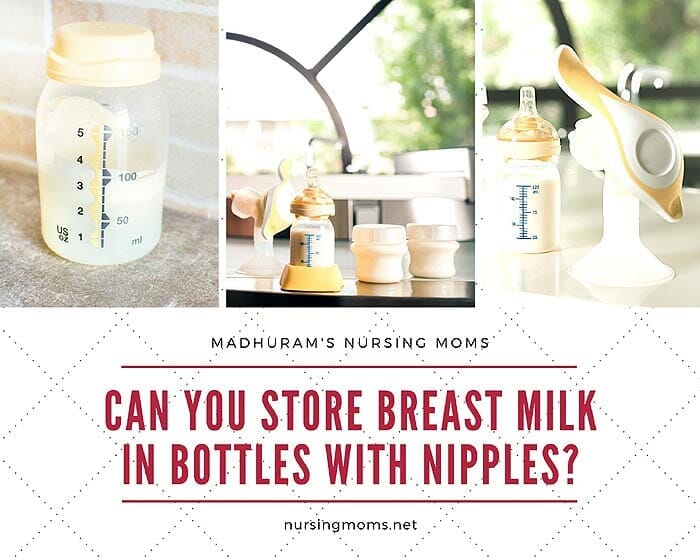
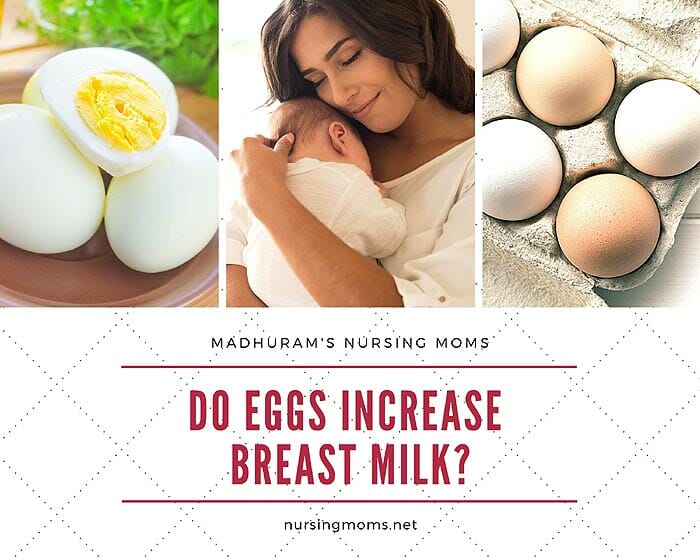


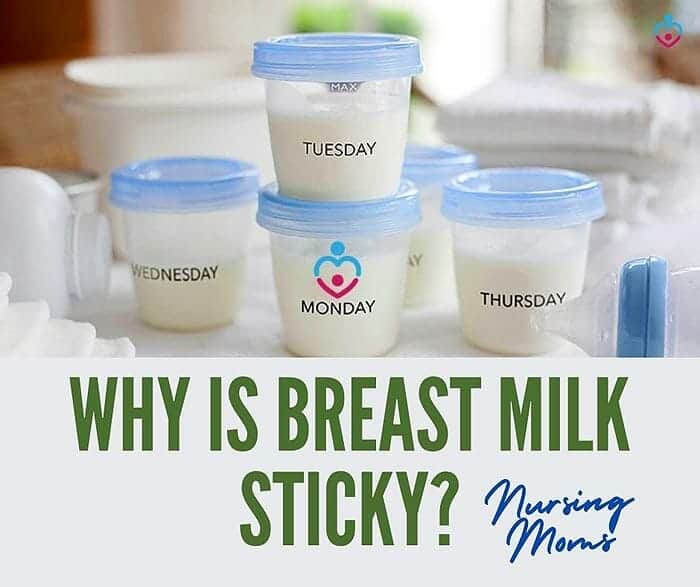
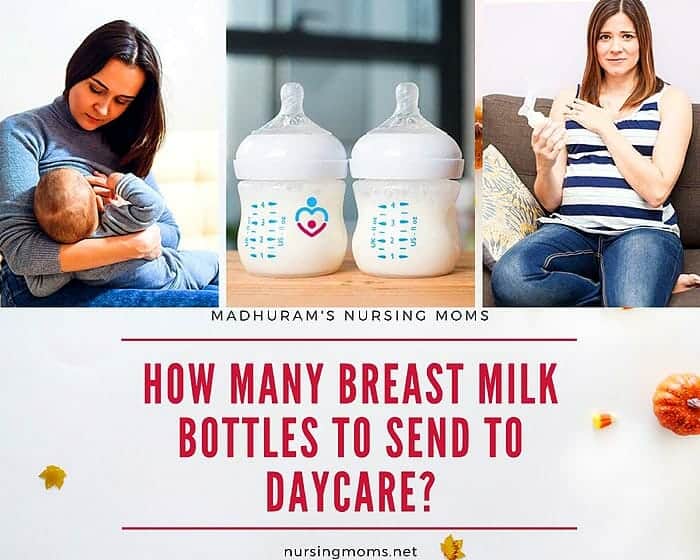

Leave a Reply